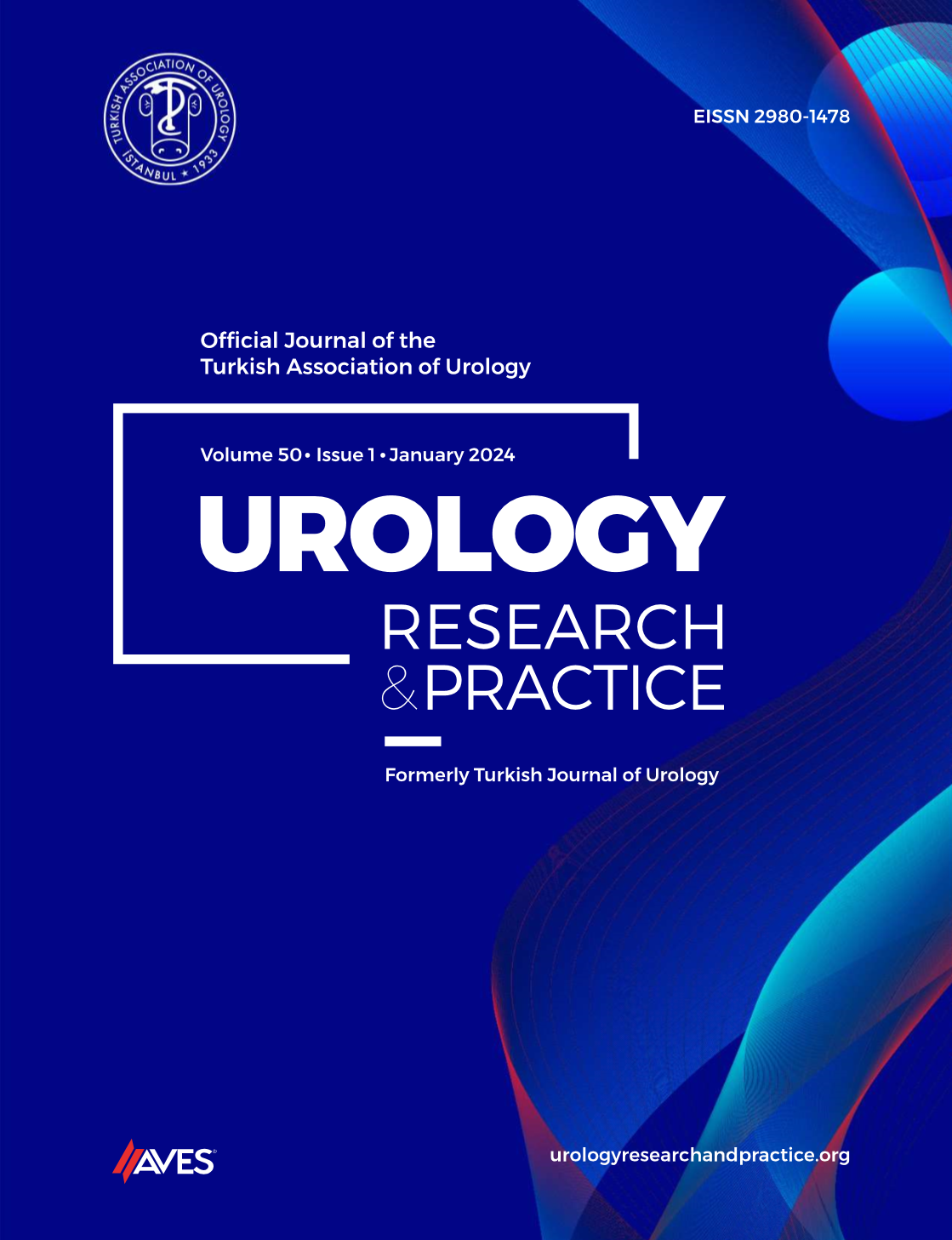Abstract
Objective: The International Prostate Symptom Score (IPSS) is one of the most frequently used symptom scores in current urology practices. In the present study, the relationship between the accuracy of the answers to the IPSS questionnaire and age, level of education, and the level of comprehension was investigated.
Materials and methods: Two hundred thirty-eight male patients aged 20-83 years presenting to the urology outpatient clinic for any reason were evaluated. Patients were asked to complete IPSS questionnaire and a test to evaluate the level of comprehension. After 48-96 hours, the IPSS form was recompleted with the assistance of the physician. The relationship of the difference between the self-administered and physician-assisted IPSS; to age, level of education, and the level of comprehension was evaluated.
Results: Among the patients with a high school or higher level of education, no significant difference was found between the self-administered and physician-assisted IPSS. Self-administered forms were significantly different from physician-assisted IPSS for patients ≥60 years and for patients with a score of ≤50/100 on the comprehension test.
Conclusion: We suggest to complete the IPSS with the assistance of a physician for patients with advanced age or low education level. Furthermore, we think that using comprehension test in uncertain cases are important in evaluating the symptoms, thus treatment options.

.png)


.png)